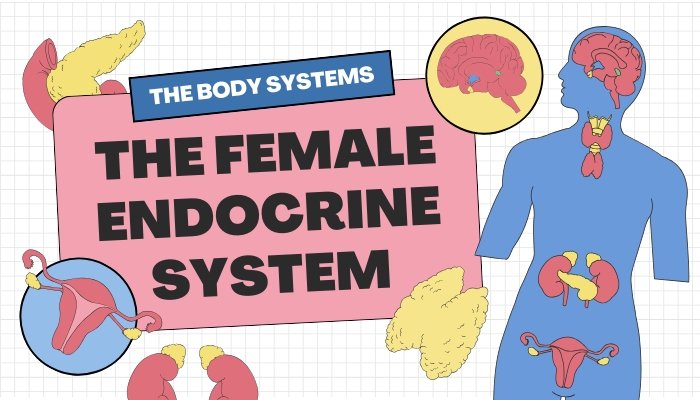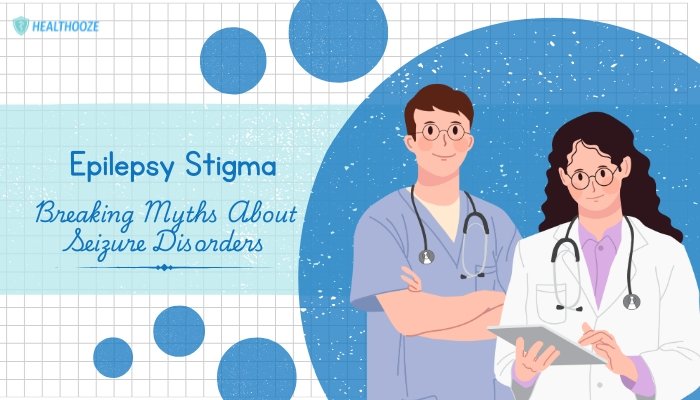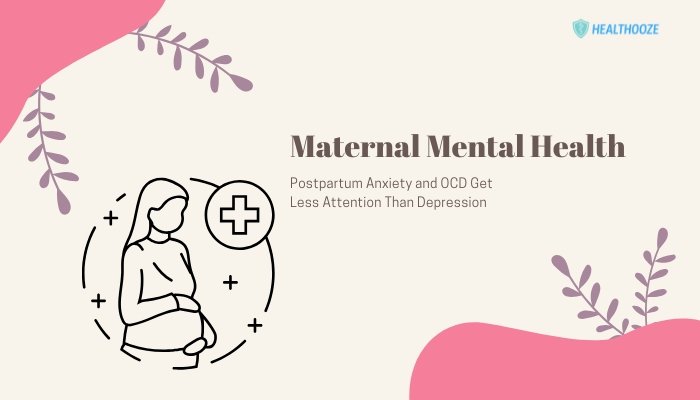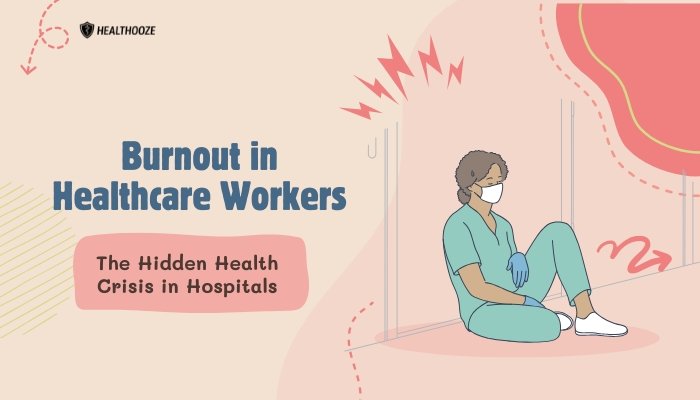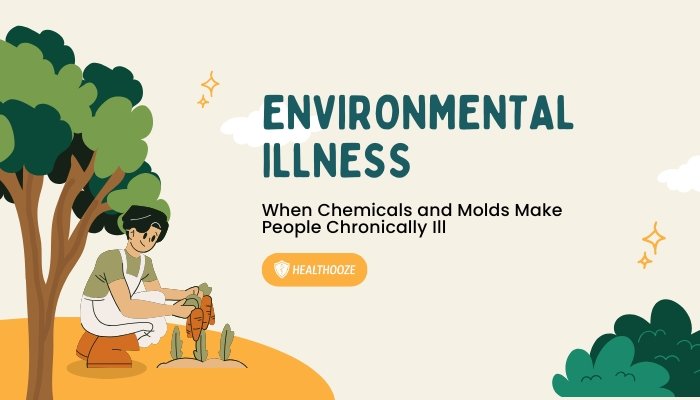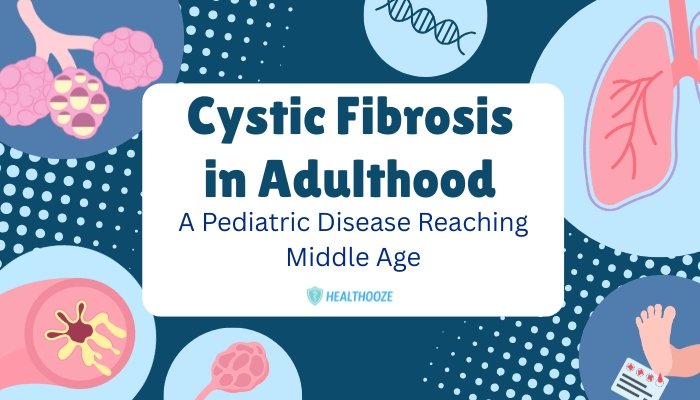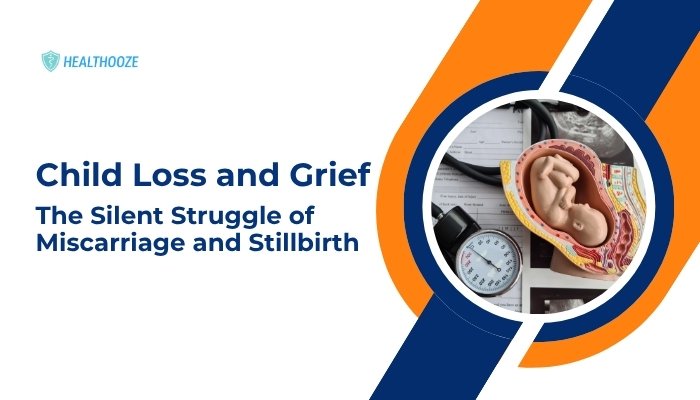Introduction
When people think of hormonal imbalance in men, low testosterone (“Low T”) is usually the first and only hormone that comes to mind. While testosterone deficiency is indeed common and can cause fatigue, reduced libido, muscle loss, and mood changes, men’s hormonal health is far more complex. Multiple endocrine glands—including the thyroid, adrenal glands, pituitary, and pancreas—produce hormones that profoundly influence metabolism, mood, sexual function, and long-term health. Understanding these broader hormonal issues can help men and their clinicians address underlying conditions, not just symptoms.
Beyond Testosterone: A Look at the Endocrine System in Men
Hormones act as chemical messengers, and their balance depends on the integrity of several interconnected systems:
- Pituitary Gland – Regulates testosterone production through luteinizing hormone (LH) and follicle-stimulating hormone (FSH).
- Thyroid Gland – Controls metabolic rate, energy, and temperature regulation.
- Adrenal Glands – Produce cortisol (stress hormone), aldosterone (fluid balance), and adrenal androgens (DHEA).
- Pancreas – Secretes insulin and glucagon to regulate blood sugar.
- Pineal and Hypothalamus – Influence sleep–wake cycles and hormone release.
Imbalances in any of these can mimic or worsen the effects of low testosterone.
Thyroid Disorders in Men
Although thyroid disease is more common in women, men are not immune. Hypothyroidism (underactive thyroid) leads to fatigue, weight gain, cold intolerance, dry skin, constipation, and depression—all symptoms that overlap with Low T. Conversely, hyperthyroidism (overactive thyroid) may cause anxiety, palpitations, weight loss, heat intolerance, tremors, and even erectile dysfunction.
Untreated thyroid disease can also lower total and free testosterone levels by altering sex hormone–binding globulin (SHBG), complicating the hormonal picture. Screening with TSH (thyroid-stimulating hormone) and free T4 is essential when men present with nonspecific fatigue or low libido.
Cortisol and Adrenal Dysfunction
The adrenal glands sit atop the kidneys and are critical for stress adaptation. Chronically high cortisol due to prolonged stress or Cushing’s syndrome can cause:
- Central obesity (belly fat)
- High blood pressure
- Diabetes or insulin resistance
- Thin skin and easy bruising
- Mood disturbances
On the other end of the spectrum, adrenal insufficiency (Addison’s disease or secondary adrenal failure) may lead to profound fatigue, low blood pressure, salt craving, weight loss, and even life-threatening adrenal crises. Both excess and deficiency of cortisol can impair testosterone production and fertility.
Insulin Resistance and Metabolic Hormones
Insulin resistance is highly prevalent among men with obesity or sedentary lifestyles. Elevated insulin and associated metabolic changes can reduce testosterone, worsen erectile dysfunction, and increase the risk of cardiovascular disease.
Excess visceral fat (the “male pattern” belly fat) also produces inflammatory cytokines and converts testosterone into estrogen through aromatase activity, further shifting the hormonal balance unfavorably.
Prolactin and Pituitary Tumors
The pituitary gland regulates multiple hormones, and small benign tumors (adenomas) can secrete prolactin, causing decreased libido, infertility, erectile dysfunction, and even breast enlargement (gynecomastia). Hyperprolactinemia suppresses gonadotropins (LH and FSH), thereby lowering testosterone. MRI of the pituitary may be indicated if prolactin is elevated.
Growth Hormone and Aging
Although overt growth hormone (GH) deficiency is rare in adult men, suboptimal GH/IGF-1 levels with aging can manifest as decreased lean muscle mass, increased fat, and reduced vitality. Replacement therapy is only indicated in confirmed deficiency (e.g., post-pituitary surgery), but lifestyle measures—regular exercise, adequate sleep, and weight management—help maintain healthy GH secretion naturally.
Symptoms That May Indicate Broader Hormonal Imbalance
Many men assume that tiredness or low sex drive equals Low T. In reality, the following constellation of symptoms should prompt a more comprehensive hormonal evaluation:
- Unexplained weight changes (gain or loss)
- Persistent fatigue despite normal sleep
- Mood swings, depression, or anxiety
- Heat or cold intolerance
- Hair loss or thinning eyebrows
- Gynecomastia or nipple discharge
- Decreased shaving frequency or body hair
- Changes in blood pressure or sugar levels
Diagnosing Hormonal Imbalances
A thorough workup often includes:
- Testosterone Panel – Total and free testosterone, SHBG, LH, FSH.
- Thyroid Panel – TSH, free T4, sometimes free T3 and thyroid antibodies.
- Adrenal Function – Morning cortisol, ACTH, or stimulation tests.
- Metabolic Markers – Fasting glucose, insulin, HbA1c, lipid profile.
- Prolactin and Pituitary Hormones – If symptoms suggest pituitary disease.
- Imaging – Ultrasound of thyroid or MRI of pituitary/adrenals when indicated.
Proper interpretation requires context—time of day, concurrent medications, and age-related changes.
Lifestyle Factors That Affect Multiple Hormones
Hormonal health in men is not solely a medical issue; it’s strongly influenced by lifestyle. Evidence-based strategies include:
- Sleep – 7–8 hours nightly optimizes testosterone, GH, and cortisol rhythms.
- Regular Exercise – Resistance training boosts testosterone and insulin sensitivity; aerobic activity reduces stress and improves cardiovascular health.
- Weight Management – Reduces aromatization of testosterone to estrogen and improves metabolic profile.
- Balanced Diet – Adequate protein, healthy fats (omega-3), and micronutrients like zinc, selenium, and vitamin D support hormone production.
- Stress Management – Mindfulness, yoga, and relaxation techniques lower cortisol.
- Limiting Alcohol and Smoking – Both impair testosterone and increase risk of metabolic syndrome.
Medical and Pharmacological Interventions
Depending on the diagnosis, treatment may include:
- Testosterone Replacement Therapy (TRT) – For confirmed hypogonadism.
- Thyroid Hormone Replacement – Levothyroxine for hypothyroidism.
- Antithyroid Drugs or Radioiodine – For hyperthyroidism.
- Dopamine Agonists (e.g., cabergoline) – For high prolactin levels due to pituitary adenoma.
- Glucocorticoid or Mineralocorticoid Replacement – For adrenal insufficiency.
- Lifestyle and Metformin – For insulin resistance and prediabetes.
Each therapy carries potential risks, so ongoing monitoring by a qualified clinician is essential.
Why a Comprehensive Approach Matters
Focusing only on testosterone can mask underlying conditions. For instance, a man with hypothyroidism may have low testosterone that normalizes once thyroid hormone is replaced. Similarly, untreated sleep apnea or obesity can blunt testosterone production; addressing those root causes may restore hormone levels without lifelong TRT.
Moreover, misdiagnosing or over-treating can be harmful. Giving testosterone to a man with undiagnosed pituitary or adrenal disease may worsen fertility, mask symptoms, or delay appropriate care.
Conclusion
Hormonal imbalance in men is not just about Low T. Thyroid dysfunction, adrenal disorders, insulin resistance, pituitary problems, and lifestyle factors can all disrupt the delicate hormonal network. A comprehensive evaluation—rather than a single-hormone focus—offers the best chance to restore energy, mood, sexual health, and long-term well-being.
By recognizing that “Low T” is only one piece of the puzzle, men and their healthcare providers can move toward personalized, evidence-based interventions that address the root causes of hormonal imbalance and improve overall quality of life.
References
- Bhasin S, et al. Testosterone Therapy in Men With Hypogonadism: An Endocrine Society Clinical Practice Guideline. J Clin Endocrinol Metab. 2018.
- Chaker L, et al. Hypothyroidism. Lancet. 2017;390(10101):1550-1562.
- Nieman LK. Cushing’s Syndrome: Update on Signs, Symptoms and Biochemical Screening. Endocrinol Metab Clin North Am. 2018;47(2):259-266.
- Corona G, et al. The Complex Relationship Between Obesity and Hypogonadism in Men. Nat Rev Urol. 2019;16(10):623-638.
- Melmed S, et al. Diagnosis and Treatment of Hyperprolactinemia: An Endocrine Society Clinical Practice Guideline. J Clin Endocrinol Metab. 2011;96(2):273-288.

